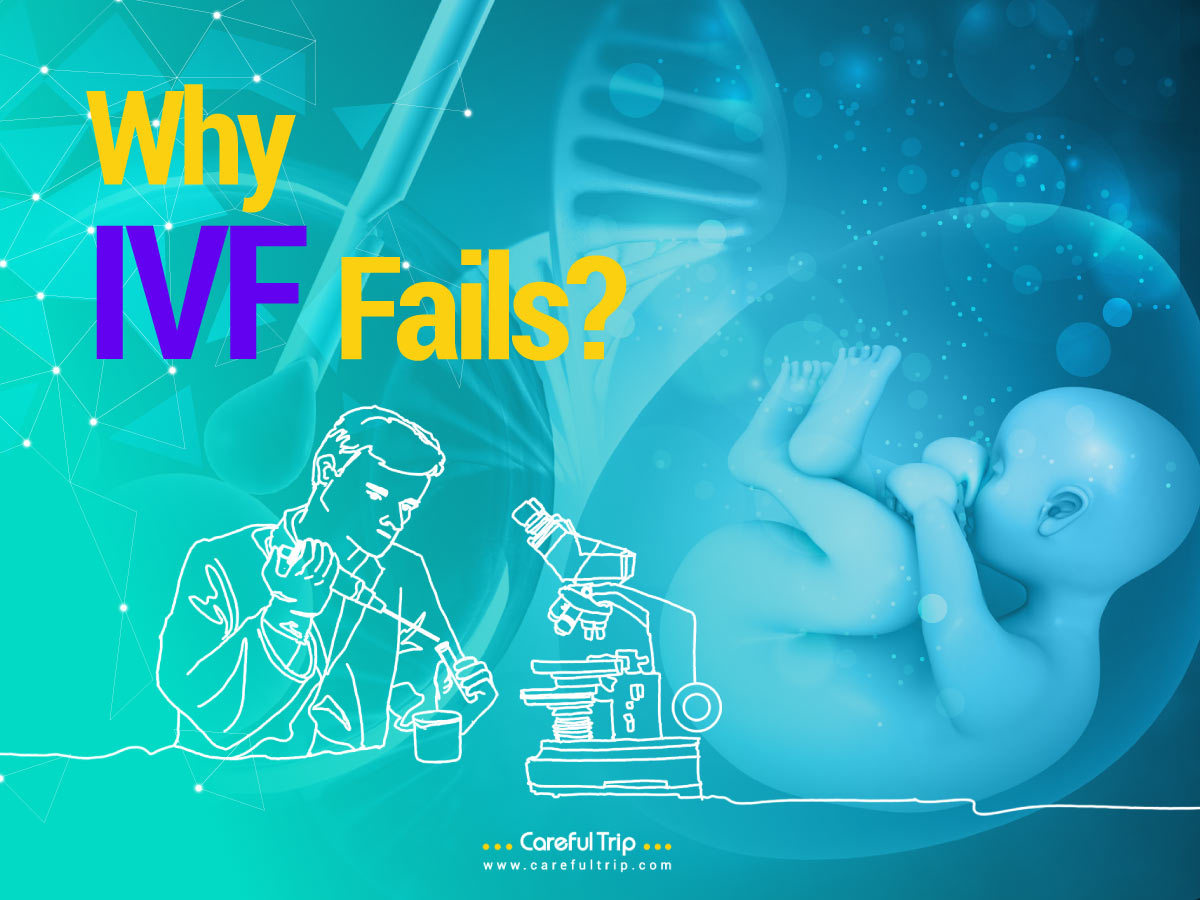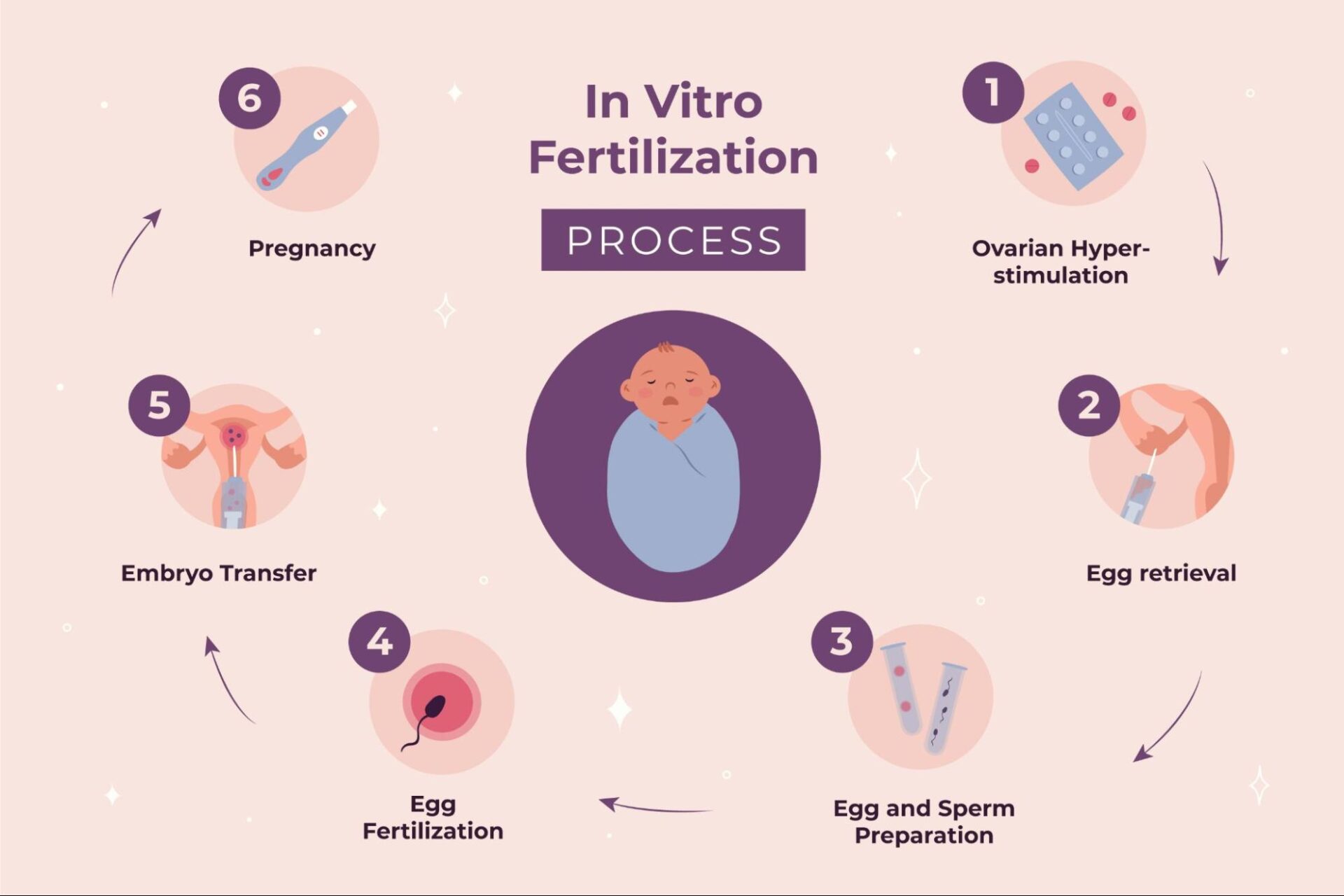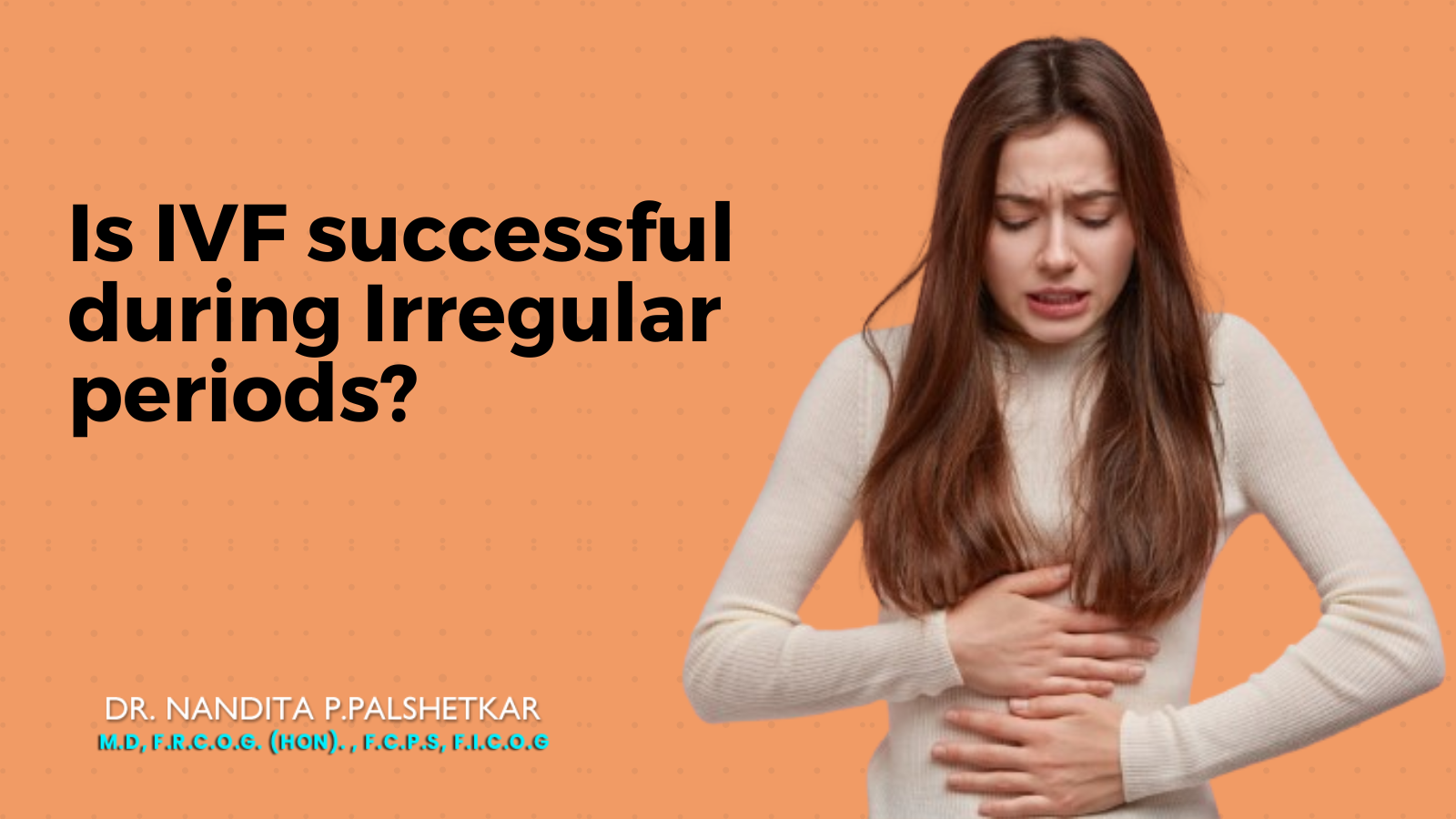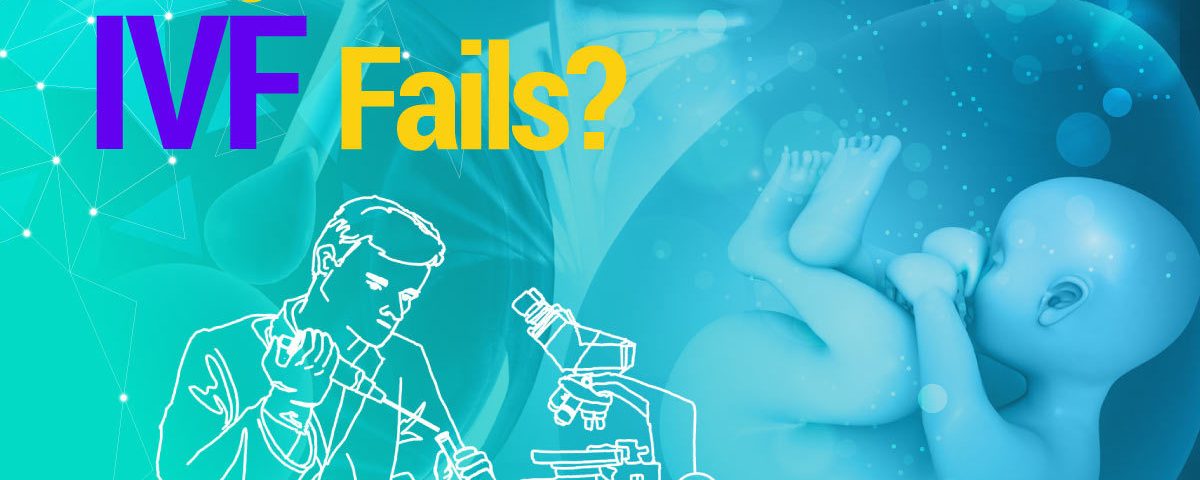
Dallas IVF McKinney: Your Guide to Fertility, Hope, and Hidden Gems
April 27, 2025
Which Is Associated with IVF-ET? A Deep Dive into In Vitro Fertilization and Embryo Transfer
April 27, 2025Why Is IVF Controversial Despite Periods?
In vitro fertilization (IVF) is a term you might have heard thrown around on TV shows, in news articles, or even in conversations with friends. It’s a medical process that helps people have babies when they can’t conceive naturally. But here’s the kicker: even though millions of people use IVF every year and it’s been around since the late 1970s, it still stirs up a lot of debate. And get this—some folks even wonder why it’s controversial when women already deal with periods every month. Isn’t that wild? If periods are a natural part of life, why does IVF, which is all about creating life too, get so much pushback?
In this deep dive, we’re going to unpack why IVF sparks such strong opinions. We’ll explore the hidden corners of this topic—like secret fears people don’t talk about, surprising facts about how it works with your menstrual cycle, and even the latest science that’s changing the game. Whether you’re curious about IVF for yourself, know someone going through it, or just love a good debate, this article’s got you covered. Let’s jump in!
What Is IVF, and How Does It Tie to Periods?
IVF 101: A Quick Rundown
IVF stands for “in vitro fertilization,” which is just a fancy way of saying “fertilization in a lab.” Here’s how it works in simple terms: doctors take an egg from a woman, mix it with sperm in a petri dish, and then put the fertilized egg (now an embryo) back into the woman’s uterus to grow into a baby. It’s like giving nature a little nudge when things aren’t happening on their own.
But here’s where periods come in. Your menstrual cycle—the monthly process where your body prepares for pregnancy—plays a huge role in IVF. Doctors time the egg retrieval and embryo transfer based on your cycle. So, in a way, IVF and periods are like dance partners, working together to make a baby happen.
Why Periods Make People Scratch Their Heads
Now, you might be thinking, “Wait a sec—if periods are all about getting ready for a baby, why isn’t IVF just seen as an extension of that?” Great question! Periods are natural, sure, but IVF takes things outside the body, and that’s where the disconnect starts for some people. While your period happens inside you without any help, IVF involves needles, labs, and doctors—stuff that feels more like science fiction than biology to some.
Plus, there’s a little-known fact that ties periods and IVF even closer: studies show that women with longer menstrual cycles (over 34 days) might have a better shot at IVF success. A 2008 study from Fertility and Sterility found that these women had nearly double the delivery rate compared to those with shorter cycles (under 26 days). Crazy, right? It’s like your period is dropping hints about how IVF might go for you!
Real Talk: What’s It Like?
Imagine this: you’re tracking your period like a hawk, waiting for the perfect day to start IVF meds. One woman I heard about said it felt like “playing a game of chess with my own body.” You’re not just dealing with cramps and chocolate cravings—you’re also juggling hormone shots and doctor visits. It’s a wild ride that not many talk about outside the IVF community.
Practical Tip:
✔️ Keep a period tracker app handy—it’ll help you and your doctor sync IVF with your cycle.
❌ Don’t stress if your cycle’s irregular; doctors can adjust the plan.
The Big Debate: Why Does IVF Stir Up Trouble?
It’s “Unnatural”—Or Is It?
One of the loudest arguments against IVF is that it’s “not natural.” Critics say babies should be made the old-fashioned way, not in a lab. But here’s a twist: periods aren’t exactly a walk in the park either—cramps, mood swings, and all that jazz—so why do we accept them as “natural” but not IVF? It’s a double standard that’s got people talking.
Fun fact: the first IVF baby, Louise Brown, was born in 1978, and back then, people freaked out, calling it “playing God.” Today, over 8 million IVF babies later, it’s still a hot topic. Some folks just can’t shake the idea that science shouldn’t mess with making life.
The Embryo Question: When Does Life Start?
Here’s where things get sticky. In IVF, doctors often create multiple embryos to boost the chances of success, but not all of them get used. So, what happens to the extras? They might be frozen, donated, or discarded—and that’s a huge deal for people who believe life begins at conception. For them, an embryo isn’t just a bunch of cells; it’s a potential person.
This hit the headlines in 2024 when Alabama’s Supreme Court ruled that frozen embryos have the same rights as kids. Clinics paused IVF services because they were scared of legal trouble if an embryo got destroyed. It’s a real-life drama that’s still unfolding!
Did You Know?
A 2023 survey found that 1 in 3 Americans think embryos should have legal rights. That’s a big chunk of people wrestling with this question!
A Peek Behind the Curtain: Secret Worries
Here’s something you won’t find in most articles: some people quietly worry about IVF babies being “different.” There’s no evidence they’re less healthy—studies show they’re just as awesome as other kids—but the fear lingers. One mom told me she overheard someone whisper, “Is that kid even normal?” at a playground. It’s a hush-hush anxiety that fuels the controversy.
Practical Tip:
✔️ Chat with an IVF support group—they’ve got the real scoop on what to expect.
❌ Don’t let rumors scare you; the science says IVF kids are thriving.

Periods vs. IVF: Why the Comparison Matters
Periods Are Messy—So Why Not IVF?
Let’s be real: periods are chaotic. You’ve got hormones going haywire, tissues shedding, and sometimes pain that makes you want to curl up with a hot water bottle. Yet, we don’t bat an eye at that messiness—it’s just life. So why does IVF, which also involves hormones and a bit of chaos, get so much flak?
One theory: periods happen on their own, while IVF needs a team of experts. It’s like comparing a solo hike to a guided tour—both get you there, but one feels more “controlled.” Still, both are about creating life, so the controversy feels a bit unfair when you think about it.
Hormones, Hormones, Hormones!
Both periods and IVF rely on hormones, but IVF cranks it up a notch. During your cycle, estrogen and progesterone naturally prep your body for a baby. In IVF, you take extra hormones (like FSH shots) to grow more eggs. It’s like hitting the gas pedal on your menstrual cycle.
Here’s a cool stat: a 2020 study in Clinical Endocrinology found that IVF hormones can mess with your blood sugar and thyroid levels more than a regular period. It’s not a dealbreaker, but it’s something doctors watch closely. So, in a way, IVF is just a souped-up version of what your body’s already doing!
The Emotional Rollercoaster
Ever cried over a period cramp or a chocolate ad? Now imagine that times ten. IVF amps up the emotional stakes because you’re not just hoping for a baby—you’re investing time, money, and heart. One woman described it as “PMS on steroids,” with highs of hope and lows of waiting for test results. It’s a side of IVF that ties right back to your period’s mood swings, but it’s rarely talked about.
Practical Tip:
✔️ Try journaling your feelings—it’s a game-changer for handling the ups and downs.
❌ Don’t bottle it up; talking to a friend can lighten the load.
Hidden Sides of IVF Controversy You Haven’t Heard
Money Talks—And It’s Expensive
IVF isn’t cheap. A single cycle can cost $12,000 to $25,000, and most insurance plans don’t cover it. Compare that to a period, which costs you maybe $10 for tampons and some ibuprofen. The price tag makes people mad—some say it’s unfair that only rich folks can afford it, while others argue it’s a luxury, not a right.
Here’s a shocker: in 2025, the White House pushed for better IVF access, saying it’s a “path to parenthood” that shouldn’t break the bank. But not everyone’s on board—some lawmakers think tax dollars shouldn’t fund it. It’s a money debate that’s heating up!
Religion Weighs In
Religion plays a big role in the IVF controversy, and it’s not black-and-white. Catholics, for example, often oppose IVF because it separates sex from making babies and involves unused embryos. But Jewish and Islamic views? They’re more open, especially if it helps couples have kids. It’s like every faith has its own take on this science-meets-spirituality puzzle.
Fun Fact:
In Israel, IVF is super popular and even government-funded because having kids is a big deal in Jewish culture. Who knew?
The “What If” Scenarios
Here’s a juicy tidbit: some people secretly wonder, “What if IVF creates a superhuman?” It sounds like a sci-fi movie, but with advances like gene editing (think CRISPR), it’s not totally crazy. Scientists can now screen embryos for diseases—or even traits like eye color. Most experts say we’re nowhere near designer babies, but the “what if” keeps the controversy alive.
Dr. Emily Jungheim, a fertility expert, once said, “The line between helping and playing God is blurry for some, and that’s where the fear creeps in.” It’s a thought that’s buzzing under the surface.
Practical Tip:
✔️ Ask your doctor about genetic screening options—it’s less sci-fi than it sounds.
❌ Don’t buy into hype; “designer babies” aren’t a thing yet.
Latest Science: What’s Changing the IVF Game?
New Tech on the Block
IVF’s getting a makeover with cool new tools. Ever heard of microfluidics? It’s a tiny system that mimics your body’s natural setup to fertilize eggs better. Or how about in vitro gametogenesis (IVG)? Scientists are trying to make eggs and sperm from skin cells—yep, skin cells! A 2022 article in PMC called it “the future of IVF,” and it could help people who can’t produce eggs or sperm naturally.
This stuff is still in the lab, but it’s shaking up the controversy. If IVF gets easier and cheaper, will more people accept it? Or will it just freak them out more?
Success Rates Are Climbing
Good news: IVF is working better than ever. Back in the ‘80s, the success rate was like 6% per cycle. Now, for women under 35, it’s closer to 50%, according to the American Society for Reproductive Medicine. Why? Better hormone meds, smarter embryo screening, and tricks like freezing eggs for later.
Here’s a nugget: women with regular periods (21-35 days) tend to do better with IVF because their bodies are more predictable. So, your period might be your secret weapon!
Risks We’re Still Figuring Out
IVF isn’t perfect. There’s a rare condition called ovarian hyperstimulation syndrome (OHSS), where your ovaries go overboard making eggs and swell up. It’s scary but treatable. Plus, some worry about long-term effects—like, does it raise cancer risk? A 2023 study said no link to ovarian cancer, but researchers are still digging.
Dr. Emre Seli from Yale told me, “We’ve come a long way, but every new step brings new questions.” It’s a reminder that science is always evolving.
Practical Tip:
✔️ Ask about OHSS risks before starting IVF—knowledge is power.
❌ Don’t skip follow-ups; they catch issues early.

How to Navigate the IVF Controversy in Real Life
Talking It Out with Family and Friends
IVF can be a touchy subject. Your Aunt Linda might say, “Why not just adopt?” while your bestie cheers you on. It’s a mixed bag. The trick? Be honest about why you’re doing it. Share a fun fact—like how IVF’s been around longer than cell phones—to lighten the mood.
Steps to Explain IVF:
- Start simple: “It’s a way to help people have babies.”
- Add a personal twist: “It’s my shot at being a mom.”
- Invite questions: “What do you think about it?”
Making Peace with Your Choice
If you’re considering IVF, the controversy might mess with your head. One day you’re pumped, the next you’re googling “Is IVF wrong?” Here’s the deal: it’s your journey. Focus on what feels right for you, not the noise.
Quick Checklist:
✔️ Do I want this?
✔️ Have I talked to a doctor?
✔️ Am I ready for the ride?
❌ Am I just worried about what others think?
Finding Support When It’s Tough
IVF’s emotional toll is real, and periods only add to the chaos. Join an online group—tons of people share tips, like how to survive hormone shots or deal with nosy questions. One woman said, “My IVF crew got me through the darkest days.” It’s like having a squad that gets it.
Practical Tip:
✔️ Follow IVF influencers on X—they spill the tea on real experiences.
❌ Don’t go it alone; support makes a difference.

Wrapping It Up: Why IVF and Periods Keep Us Talking
So, why is IVF controversial despite periods? It’s a mashup of science, feelings, and big questions about life. Periods are a messy, natural part of being human, and IVF’s just a high-tech helper—yet it pushes buttons they don’t. It’s about control (who gets to make babies?), ethics (what’s okay to do?), and even cash (who can pay for it?). Add in secret fears—like “Are IVF kids normal?”—and you’ve got a debate that won’t quit.
The latest science says IVF’s here to stay, with tricks like IVG and better success rates shaking things up. But the heart of it? It’s personal. Whether you’re all in, on the fence, or just curious, understanding the why behind the controversy helps you see it clear.
Let’s Chat!
What do you think—should IVF be as normal as periods, or is the controversy legit? Drop your thoughts below, or tell me your fave fun fact from this article. Maybe you’ve got a story about IVF or a question I didn’t answer—spill it! Let’s keep this convo going.
